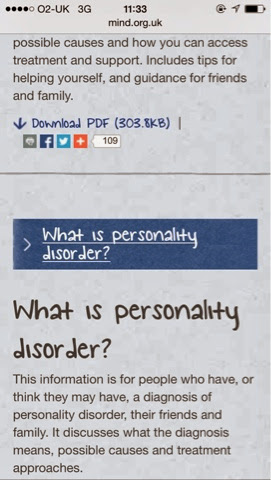HERO
Shakespeare version:Hero - The beautiful young daughter of Leonato and the cousin of Beatrice. Hero is lovely, gentle, and kind. She falls in love with Claudio when he falls for her, but when Don John slanders her and Claudio rashly takes revenge, she suffers terribly.
Modern( for our piece) :
What we are creating hero is she isn't in this piece as such, she is haunting a character that left her on her wedding day. She is going to have mental issues and we only see her appearance in and out of the scenes. But she is a big character she is the whole story about this piece. She is haunting Claudio and she comes back till she gets justice. No one knows who HERO IS? We find out further into the story why she killed herself.
Claudio:
Claudio(Shakespeare Version): Claudio - A young soldier who has won great acclaim fighting under Don Pedro during the recent wars. Claudio falls in love with Hero upon his return to Messina. His unfortunately suspicious nature makes him quick to believe evil rumors and hasty to despair and take revenge.
Modern:(for our piece):
Claudio is still a main character however he isn't the hero in this. He is more the victim and he is guilty of what he has done in his past. He is in love with Hero but he left her at there wedding day because of rumours. Claudio is under a lot of stress and physically can't function. We have turned it completely round how Claudio isn't the good guy in this he is guilty.
B&B
B&B( Shakespeare) Beatrice - Leonato’s niece and Hero’s cousin. Beatrice is “a pleasant-spirited lady” with a very sharp tongue. She is generous and loving, but, like Benedick, continually mocks other people with elaborately tooled jokes and puns. She wages a war of wits against Benedick and often wins the battles. At the outset of the play, she appears content never to marry.
Benedick - An aristocratic soldier who has recently been fighting under Don Pedro, and a friend of Don Pedro and Claudio. Benedick is very witty, always making jokes and puns. He carries on a “merry war” of wits with Beatrice, but at the beginning of the play he swears he will never fall in love or marry.
Modern B&B:
We are either thinking a lesbian couple or a couple showing different class. We wanted to loose the idea about how can different classes separate people. There marriage is ruined and they need something to save there marriage. So by coming to this hotel they want to help sort there marriage.
Benedict: will be more higher class and he would want to pay for the best. He won't accpet anything that isn't worth class . He is all about money and wears the fashionable expensive brands. He is very stubborn and it's either what he says goes or he won't like it . Beatrice is his love of his life but they are stuck in a really bad patch.
Beatrice: she is more lower class money doesn't matter to her . She just wants to be loved and have a happy marriage. She doesn't take shit and she is also very stubborn. She wants to work this marriage out and she wants Benedict to put in effort to the releationship . She doesn't like how Benedict likes everything worth money. There social class sometimes clash .
Leonato (shakespeaers) - A respected, well-to-do, elderly noble at whose home, in Messina, Italy, the action is set. Leonato is the father of Hero and the uncle of Beatrice. As governor of Messina, he is second in social power only to Don Pedro.
Leonato modern(modern): will be the hotel manger and will be in control or what goes on with the hotel.
We are currently building on some more characters we can use into the piece. We need more characters which will add comdey and a hotel is normally packed with different people. But relating back to the text these are the characters we are going to be using .
We are currently building on some more characters we can use into the piece. We need more characters which will add comdey and a hotel is normally packed with different people. But relating back to the text these are the characters we are going to be using .


















